Dapagliflozin Reduces CV Risk Regardless of CV Medication Use in Patients with T2D
By Dave Quaile, MD /alert Contributor
September 7, 2022
Dapagliflozin consistently reduced the risk of cardiovascular mortality, hospitalization for heart failure, and progression of kidney disease regardless of background cardiovascular medication use, according to the results of a secondary analysis published in JAMA Cardiology.
“Dapagliflozin was shown to reduce the cardiovascular and kidney outcomes in patients with type 2 diabetes,” Kazuma Oyama, MD, MPH, PHD, from the TIMI Study Group, division of cardiovascular medicine, Brigham and Women’s Hospital and Harvard Medical School, and colleagues wrote. “However, data are limited on the relationship of the effect and safety with the concurrent use of [cardiovascular] medications in patients with type 2 diabetes.”
To investigate whether cardiorenal efficacy and safety of dapagliflozin is consistent with and without background use of cardiovascular medications commonly used for heart failure and kidney disease in patients with type 2 diabetes, 17,160 patients were enrolled in a prespecified analysis of DECLARE-TIMI 58 study.
The DECLARE-TIMI 58 study was a randomized trial comparing the results of dapagliflozin and placebo in patients with type-2 diabetes and atherosclerotic disease of multiple risk factors for cardiovascular disease.
The researchers stratified patients by baseline use of angiotensin-converting enzyme inhibitors or angiotensin-receptor blockers, β-blockers, diuretics, and mineralocorticoid receptor antagonists.
The primary outcomes of the secondary analysis were defined as composited of cardiovascular death or hospitalization for heart failure (HHF), HHF alone, and kidney-specific composite outcome (persistent ≥ 40% decrease in eGFR, end-stage kidney disease, or kidney-related death).
Of the 17,160 patients, 81% (n = 13,950) used ACEI/ARBs, 53% (n = 9,030) used β-blockers, 36% (n = 6,205) used diuretics, and 4% (n = 762) used MRAs at baseline.
There was no difference in blood pressure changes and eGFR at 48 months between patients in dapagliflozin and placebo arms, regardless of concurrent therapy (placebo-corrected change, −1.6 mm Hg [95% CI, −4.2 to 1.0] to −2.6 mm Hg [95% CI, −3.3 to −2.9]; P > .05 for each interaction).
The researchers observed a consistent reduction in the risk of cardiovascular death/HHF, HHF alone, and the kidney-specific composite outcome among patients in the dapagliflozin cohort, regardless of background use of selected medications (HR = 0.50; 95% CI, 0.39-0.63; to HR = 0.82; 95% CI, 0.72-0.95; P > .05 for each interaction).
Patients receiving ACEI/ARBs + β-blockers + diuretics (n = 4243) experienced a reduced the risk of cardiovascular death/HHF and of the kidney-specific outcome by 24% (HR = 0.76; 95% CI, 0.62-0.93) and 38% (HR = 0.62; 95% CI, 0.44-0.87), respectively, when treated with dapagliflozin.
There were no significant treatment interactions with the concomitant cardiovascular medications for adverse events of volume depletion, acute kidney injury, or hyperkalemia (range: HR = 0.12; 95% CI, 0.02-0.99; to HR = 1.04; 95% CI, 0.83-1.32; P > .05 for each interaction).
“Dapagliflozin consistently reduced the risk of a composite of [cardiovascular] death/HHF, HHF alone, and progression of kidney disease regardless of background use of [cardiovascular] medications, including angiotensin-converting enzyme inhibitors or angiotensin-receptor blockers, β-blockers, diuretics, and mineralocorticoid receptor antagonists, without any treatment interaction for key safety events,” the researchers wrote. “These data show the clinical benefit and safety of dapagliflozin in a broad range of patients with type 2 diabetes regardless of background therapy.”
--
Disclosure: Some authors declared financial ties to drugmakers. See full study for details.
Photo Credit: Getty Images.










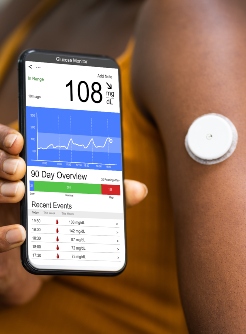








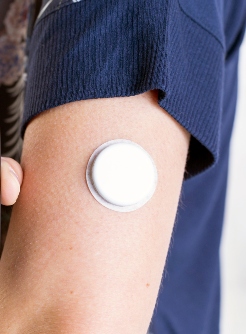


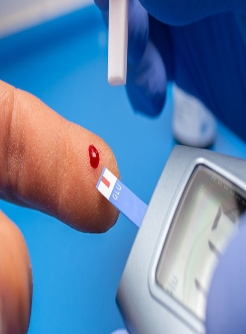



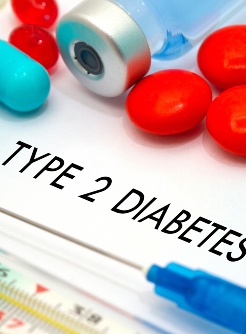



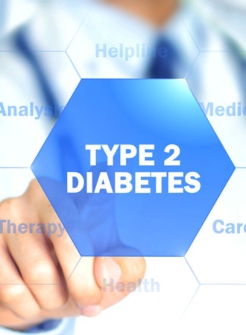
.jpg)
.jpg)





